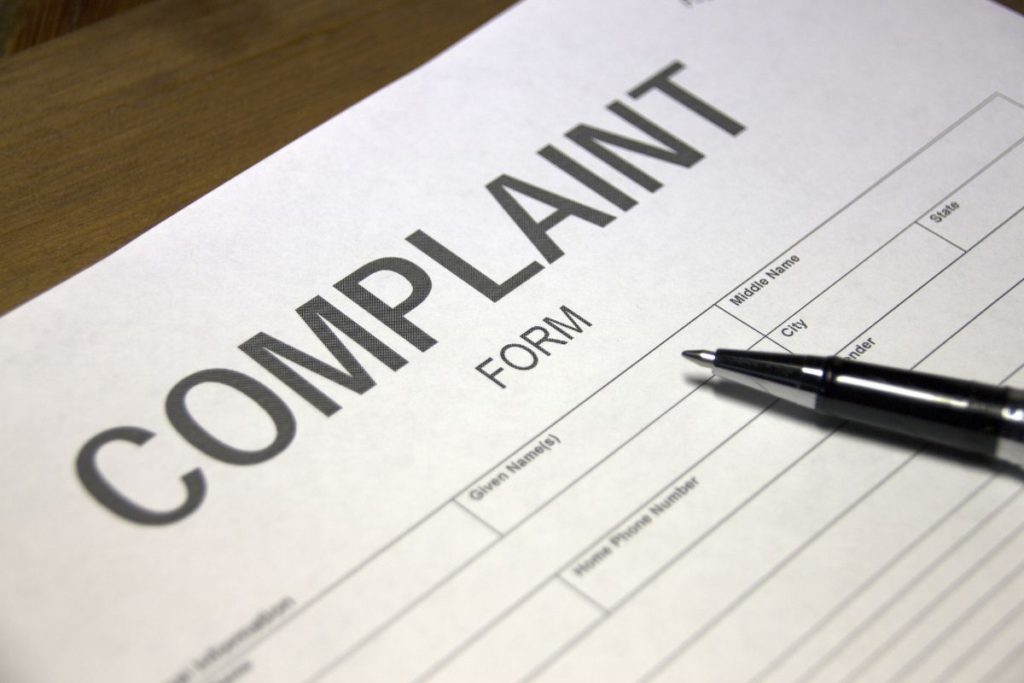The Texas legislature created the Texas Behavioral Health Executive Council (“the Council”) in 2019 to license and regulate certain behavioral health and social work professionals. The Council is the umbrella agency for the following licensing boards: the Texas State Board of Examiners of Marriage and Family Therapists, Texas State Board of Examiners of Professional Counselors, Texas State Board of Examiners of Psychologists, and the Texas State Board of Social Worker Examiners. As a result, all complaints and disciplinary proceedings against these professionals go through the Council and their respective licensing boards.
Council Processing of Complaints
Prioritization of Complaints
When the Council receives a complaint about a professional, its first task is to prioritize the complaint based on the following classification criteria:
- Cases involving a probability of imminent harm to the public or a member of the public;
- Cases involving sexual misconduct;
- Cases involving applicants for licensure; and
- Cases involving all other violations of state and federal law.
Investigation of Complaints
All complaints go to the Enforcement Division of the Council. The Enforcement Division reviews each complaint for whether:
- the allegations on their face state a violation of the law;
- the respondent is a licensee of the Council; and
- the activities or services involved are exempt from the Council’s jurisdiction.
At this point, the Council determines the complaint to be jurisdictional or non-jurisdictional. A complaint is non-jurisdictional if:
- a complaint fails to state a violation of the law,
- names a respondent who the Council does not license, or
- describes activities or services that are exempt from the Council’s jurisdiction
If a complaint is non-jurisdictional, the Council will either dismiss the complaint and notify the complainant why it cannot investigate it or refer it to the appropriate agency for investigation.
If the complaint is jurisdictional, the Council will notify the complainant and the subject of the complaint of the opening of an investigation. The Council also furnishes the original complaint to the respondent and requests a response within 30 days.
Resolution of Complaints
Probable Cause Findings
Once the Council completes its investigation, it determines whether it has probable cause to believe that the optometrist has violated a law or rule. According to the Council: “probable cause means the facts and circumstances within the agency’s knowledge, and of which it has reasonably trustworthy information, are sufficient to warrant a prudent person in believing that the respondent violated the Council’s rules or other law within the jurisdiction of the agency.”
If the Council does not find probable cause that a violation occurred, it refers the complaint to legal counsel for confirmation that no probable cause exists. If legal counsel agrees, they forward the complaint to the Executive Director, who dismisses it and notifies both the complainant and the respondent of the dismissal.
Informal Settlement Conferences
Suppose the Council does find probable cause that a violation occurred. In that case, the case is referred to schedule for an informal settlement conference (ISC) with agency staff or a Disciplinary Review Panel, which consists of three board members. If an ISC requires expert testimony concerning the violation of a standard of care or scope of practice, then the ISC must occur before a Disciplinary Review Panel.
Agency staff may send the respondent a proposed agreed order or settlement offer before the ISC. If the respondent rejects the settlement offer or requests an ISC, the case will proceed to the ISC.
Both the complainant and respondent can participate in the ISC, but separately. Both parties can speak during the ISC, present evidence, and be represented by legal counsel.
Click to contact our professional license defense lawyers today
Following the ISC, agency staff or the Disciplinary Review Panel will recommend the informal disposition of the complaint, which can include disciplinary action, dismissal, or remand for further investigation. If the recommendation is for disciplinary action, the agency forwards an agreed order as a settlement offer to the respondent.
If the respondent accepts the settlement offer, it goes to the Executive Director for approval. If the respondent does not accept the settlement offer, it becomes a contested case.
Complete a Case Evaluation form now
Cases that the Council cannot resolve by agreed order go to the State Office of Administrative Hearings (SOAH) as contested cases. An Administrative Law Judge (ALJ) employed by SOAH presides over the contested hearing, which operates much like a hearing in court. Both parties present testimony, documents, and other evidence. After the hearing, the ALJ will make a Proposal for Decision (PFD), which contains findings and a decision as to whether the respondent violated a rule or law within the jurisdiction of the Council. The PFD goes to the Council, who can accept the PFD or, in some circumstances, reject or deny the PFD. If the Council accepts a PFD that finds a rule or law violation, the Council can sanction the respondent. If the PFD finds no rule or law violation, the Council will dismiss the complaint.
Appeals
Both parties will receive the final disposition of the complaint in writing. The respondent has the right to appeal any disciplinary action that the Council issues against them. However, the complainant does not have the right to appeal any actions of the Council concerning their complaint.
Find Out More About How to Handle Your Disciplinary Proceedings
We want to help put you in the best position possible to protect your license. Contact the license defense attorneys of Bertolino LLP, for assistance with your case. You can reach our offices by calling (512) 476-5757 or contacting us online.
Call or text (512) 476-5757 or complete a Case Evaluation form



